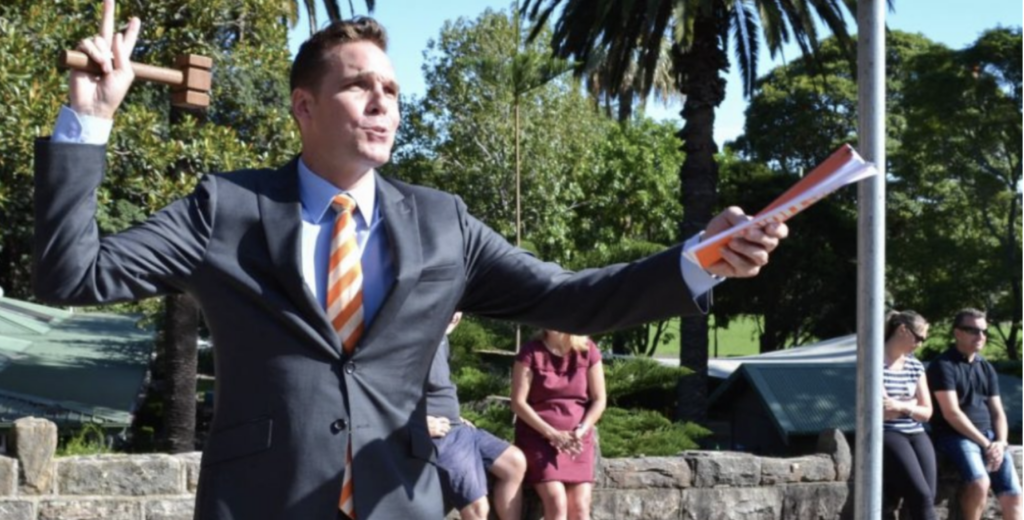
So what does this mean for first home buyers? Depends on which end of the buying spectrum you are sitting on is the short answer. Either side of the equation can be problematic if I was to be honest. No change to the cash rate this month with the Reserve Bank of Australia (RBA) indicating that they can’t see an increase happening until 2024. This is going to spear head more heat into the market, and the RBA expects this anyway so no secrets here.
So how does this impact first home buyers and what does this mean for you?
Let’s get the boring/official quote stuff out of the way first, Governor Philip Lowe had this to say: “Lending rates for most borrowers are at record lows and housing prices across Australia have increased recently. Housing credit growth to owner occupiers has picked up, but investor and business credit growth remain weak.” “The Board will not increase the cash rate until actual inflation is sustainably within the 2 to 3 per cent target range.
For this to occur, wages growth will have to be materially higher than it is currently. This will require significant gains in employment and a return to a tight labour market. The Board does not expect these conditions to be met until 2024 at the earliest.” If you are looking to own your own home, then get in touch today and see if you can take advantage of the current lending market.
First home buyers are running out of time AGAIN! Low cost of borrowing and govt grants/schemes are shooting prices up fast and with cashed up borrowers now entering the market, they are in a position to help their kids out and/or get themselves another investment which means that FHB are up against cashed up buyers again. They will be forced to either buy above the grant limits and miss out on those opportunities (which will drop their borrowing capacities) or buy crappy properties. FOMO has reared its evil head again!
How does this affect normal buyers?
The demand for properties for sale rose by 3.1% in Feb (According to the REA Insights Buyer Demand Index). The number of total listings is down by 12.5%, you don’t have to be the CEO of Afterpay to work out that there is a supply and demand issue here, and it is swaying towards vendors however here is the conundrum:
If you don’t have to sell, why would you?
After speaking to real estate agents, the anecdotal evidence suggests that vendors are scared to sell because they don’t know if they can find another property they would be happy with. Also they would be over paying in a heated market so what is the incentive to move?
So here lies the stock issue or lack there of. The NSW govt is looking at moving the stamp duty cost to an annual fee that reduces the cost of moving, one of the objectives is to increase stock into the market and reduce cost inhibiters such as a large upfront tax payable upon the purchase of a new property. Herein lies one of the causes of the lack of stock however the flip side is that this could create more heat in the market if more investors entered now that the cost of buying has been significantly reduced. From the government’s perspective you are damned if you, do and damned if you don’t!
The real issue from a macro level is a state government that is heavily reliant on stamp duty revenues. Problem with this is the state’s economy is tied in having a booming property market, a very slippery slide but that is another topic for another day…
Run your updated borrowing capacity here
